HARMONY
MatHematicAl fRamework for harMONic stabilitY assessment of power electronics-based power systems
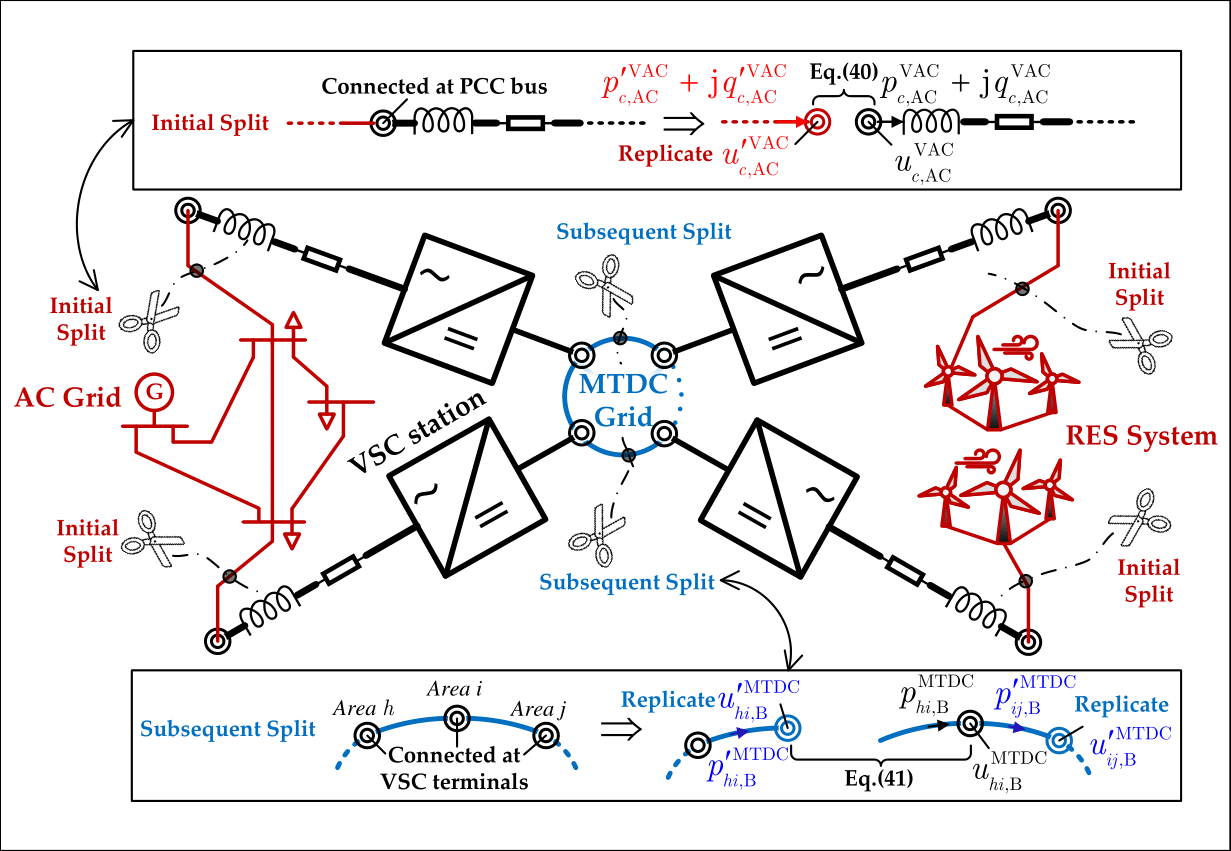
Project description
The digitalization of power systems and the application of renewable energy sources (RES) have resulted in the increased penetration of power electronics equipment. The increased amount of power electronics connections in hybrid power systems (HPS) may cause unstable system operations. Namely, power electronic converters act as a negative resistance over the wide range of oscillation frequencies which are commonly known as a spectral range. When interconnected to the remaining power system, the converter can “push” the power system into unstable operating regimes. Furthermore, both AC and DC power systems are vulnerable to various spectral components caused by the converter’s internal dynamics. Spectral components with frequencies of 2ω, 3ω, and 6ω, for ω being the line angular frequency, are the most prominent.
It is of utmost importance to identify which spectral components can influence the undesirable behavior of the power system. These harmonics can cause oscillations, and even instabilities causing system failures with large consequences like blackouts. In this project, the harmonic behavior of the power electronic converters will be identified.
In HARMONY will be developed a mathematical framework capable of simulating all components in HPS for system stability assessment studies. The developed tool will be comprehensive and user-friendly for the analysis of stability assessment and the mitigation of instabilities in the power systems of interest. It will be efficient in investigating multi-terminal HVDC power systems (offshore and onshore side), interconnections between transmission and distribution power system side, controller interoperability, and HVDC protection. Presently available commercial tools require expensive equipment, with long-time model development, and computationally and time expensive simulations (minutes to hours). In contrast, the newly designed tool will provide execution time in the range of several seconds using general-purpose CPUs.
Intended deliverables
The project is divided into 3 work packages (WPs):
WP1: Developing models for the HPS and dynamic phasor (DP) components’ models
WP2: Developing optimization models for harmonic and DP analysis of the AC-DC power system
WP3: Mathematical framework implementation and testing
Milestones:
M1: Power electronic converters’ spectral and DP model validation by experiments (in RTDS laboratory, after 1.5 years from the project start).
M2: Design and interconnection of spectral, DP, and power flow models of the power electronic converter (end of year 2).
M3: Tested validation of the complete framework by experiments (in RTDS laboratory, after 2.5 years from the project start).
TUD team
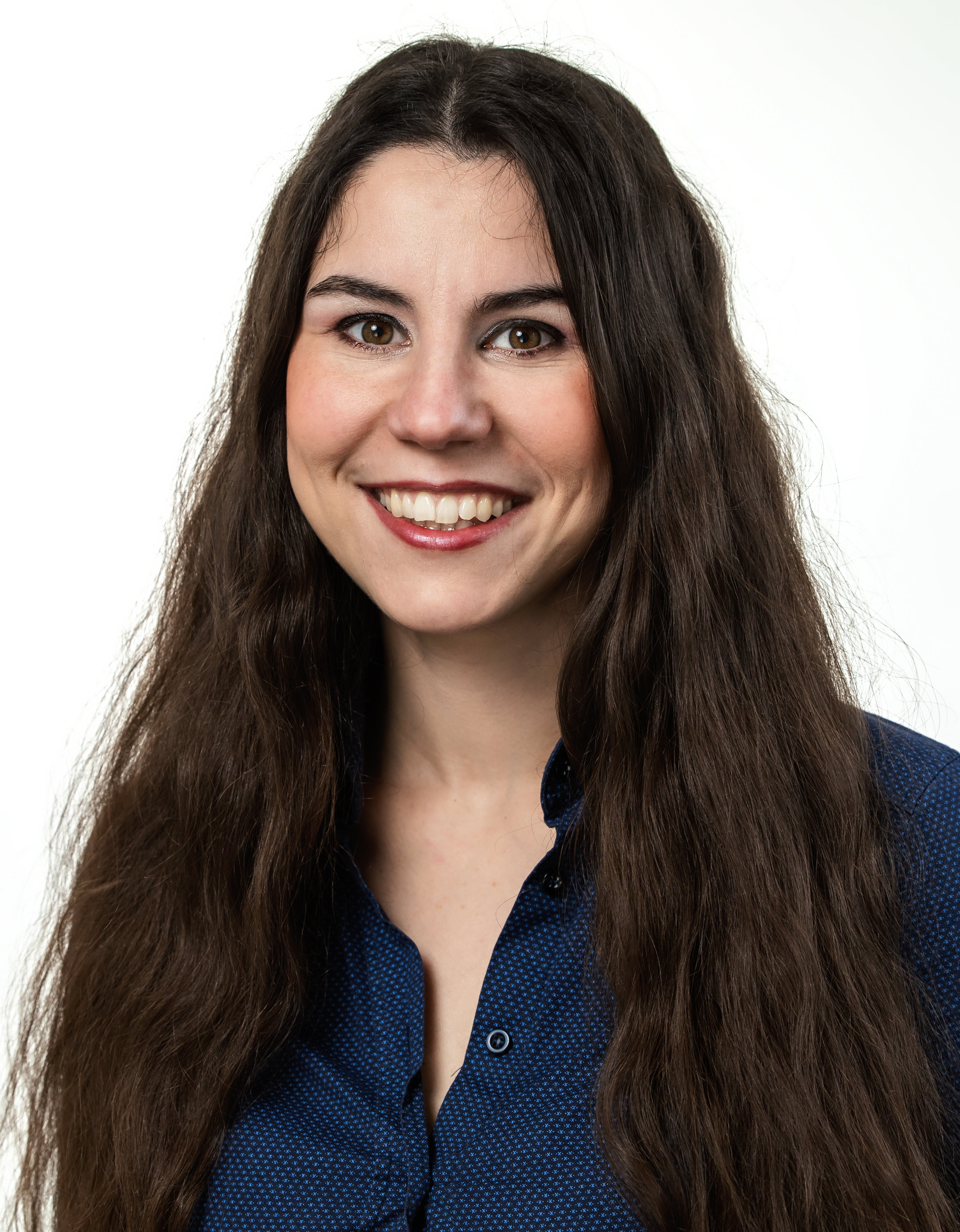
Responsible:
Dr. A. (Aleksandra) Lekić

Postdoc Researcher:
Dr. R. (Robert) Dimitrovski

Postdoc Researcher:
Dr. H. (Haixiao) Li
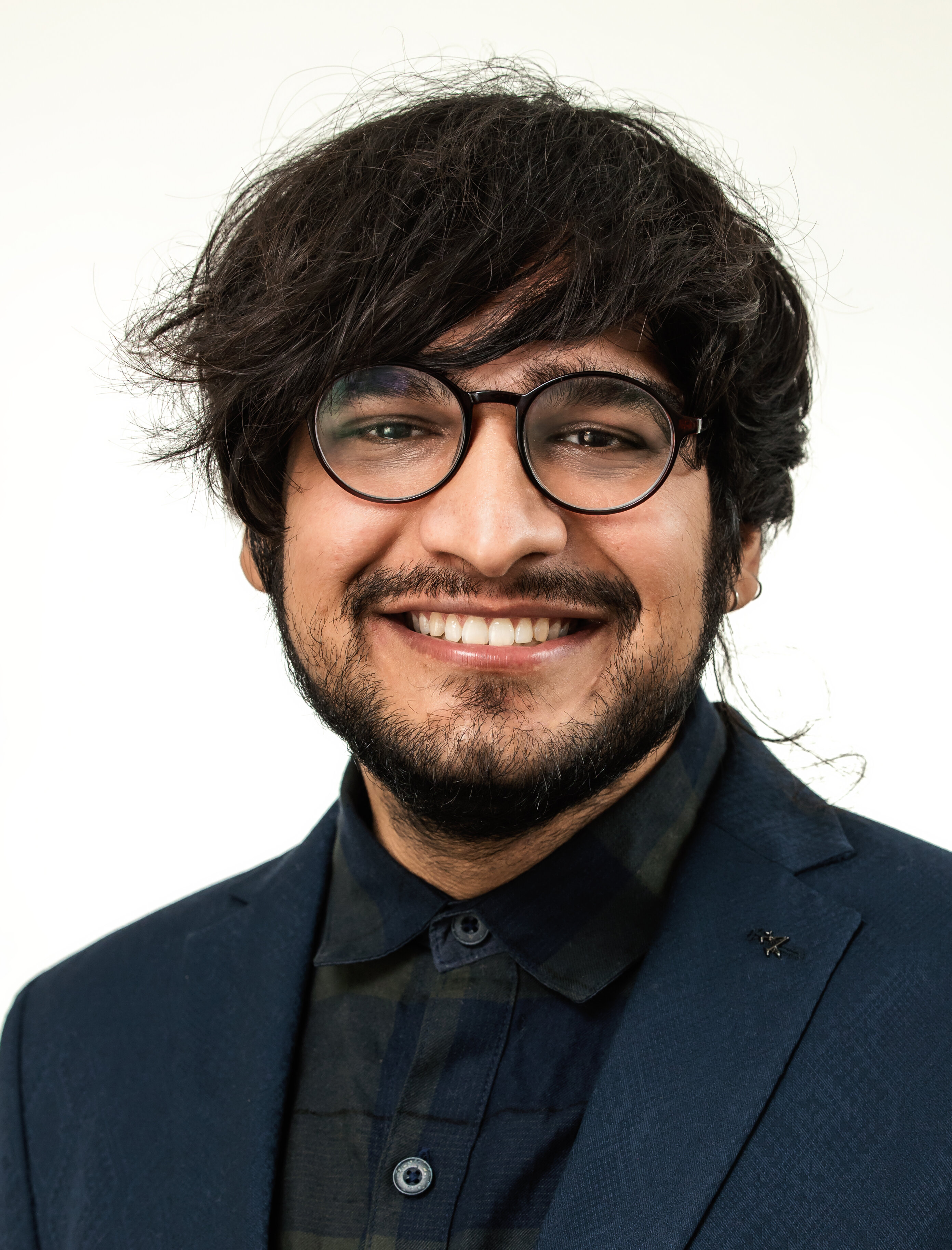
Postdoc Researcher:
Dr. V. (Vaibhav) Nougain
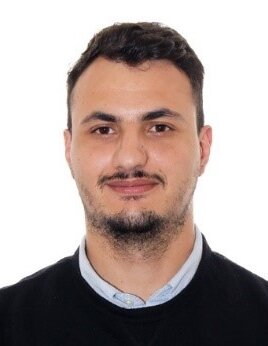
PhD Researcher:
Dr. S. (Saif) Alsarayreh
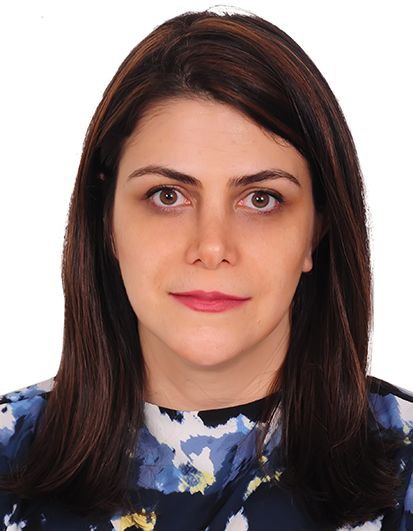
Postdoc Researcher:
Dr. A. (Azadeh) Kermansaravi
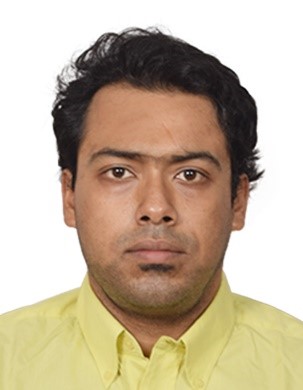
Postdoc Researcher:
Dr. D. (Debottam) Mukherjee
H. (Haixiao) Li
Haixiao Li was born in Chongqing, China, in 1993. He received his B.E. and Ph.D. degrees in electrical engineering from the Department of Electrical Engineering, Chongqing University, Chongqing, China, in 2015 and 2021, respectively. His main research interests include optimal power flow analysis of AC/DC hybrid power systems. He joins TU Delft as a visiting postdoctoral researcher in the Harmony.
V. (Vaibhav) Nougain
Vaibhav Nougain received a B.Tech degree in electrical engineering in 2017 from Delhi Technological University (Formerly Delhi College of Engineering), and a Ph.D. degree in electrical engineering, from Indian Institute of Technology Delhi, New Delhi, India in 2022. He was a Visiting Student with The Center for Electric Power and Energy (CEE), Technical University of Denmark in 2019. Since January 2023, Vaibhav has been working as a Postdoc Researcher contributing to the Harmony project (WP1) at TU Delft, Faculty of Electrical Engineering, Mathematics, and Computer Science in the group Intelligent Electrical Power Grids. His research interests include the protection and control of power electronics interfaced power systems.
S. (Saif) Alsarayreh
Saif Alsarayreh (Student Member, IEEE), Received the Bsc. Degree in Electrical Power and Control Engineering from Mutah University, Al-Karak, Jordan, in 2016. M.Sc. in Electrical Power Systems from Budapest University of Technology and Economics, Budapest, Hungary, in 2019. His research interests include Real-time modeling and simulation, power systems mathematical modeling, electric vehicle power systems, and electric vehicle charging systems integration. Previously, he was with Jaguar Land Rover as Lead HV LV Power System Engineer. He joins TU Delft as a doctoral research student within the framework of the Harmony project.
A. (Azadeh) Kermansaravi
Azadeh Kermansaravi received a Ph.D. in Software Engineering from the Department of Computer and Software Engineering, Polytechnique Montreal, Canada, in 2019 following a master's degree in Software Engineering from the University of Babol, Iran, in 2013. She has since served as a researcher and AI specialist in Canada, focusing on diverse AI applications spanning the energy, travel, and manufacturing sectors. Currently, she is a Postdoc Researcher contributing to the Harmony project (WP3) at TU Delft, EEMCS, within the group Intelligent Electrical Power Grids. Her research interests include AI optimizations and the integration of machine learning in power electronics interfaced power systems.
D. (Debottam) Mukherjee
Debottam Mukherjee received a B.Tech degree in Electrical Engineering from West Bengal University of Technology in 2014 and did his M. Tech in Power systems from the University of Calcutta in 2017. He defended his Ph.D. thesis in 2023 from the Department of Electrical Engineering, Indian Institute of Technology (BHU), Varanasi, India. His primary research interests include cyber security and state estimations in smart grid, and implementation of artificial intelligence techniques in smart grid operations. Post his Ph. D. he has worked as a senior project associate in the Indian Institute of Science, Bangalore, India from February 2023 to July 2023. Following this, he worked in the Indian Institute of Science Bangalore as a project scientist. He joins TU Delft as a postdoctoral research fellow to contribute to the Harmony project.